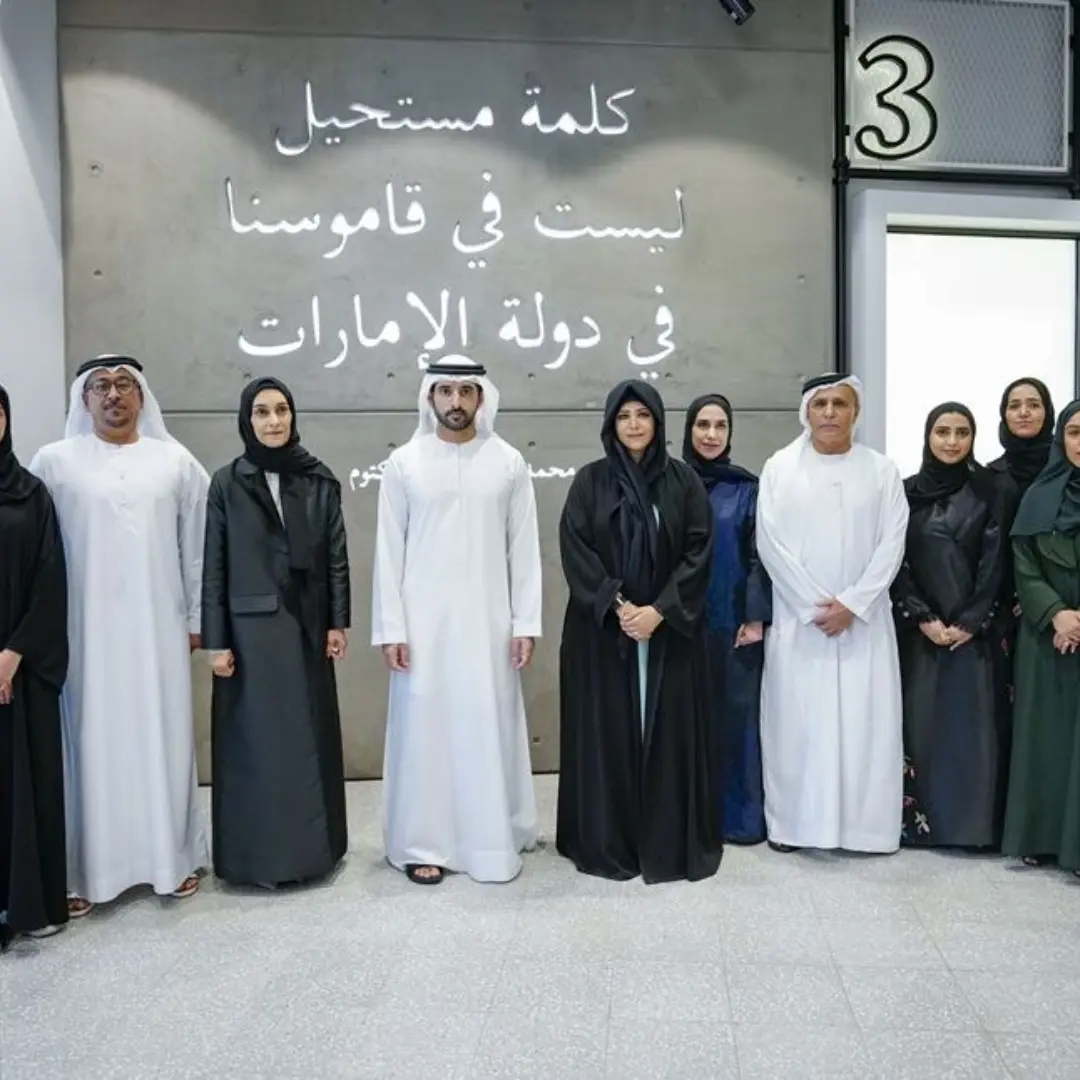Hamdan Mohammed’s swift implementation of Dubai’s inaugural AI-powered urban planning platform marks a significant milestone in the city’s technological advancement and urban development strategy. By introducing this innovative initiative, Dubai positions itself as a pioneering adopter of generative AI technology, signaling a commitment to leveraging cutting-edge solutions for sustainable urban planning.
The AI-powered platform represents a paradigm shift in urban planning methodologies, moving away from traditional approaches towards data-driven, community-centric strategies. Through the integration of generative AI algorithms, Dubai aims to create comprehensive blueprints for neighborhoods and residential areas that prioritize efficiency, sustainability, and livability.
The platform’s utilization of generative AI enables the rapid generation of multiple design options based on various parameters and constraints, allowing for the exploration of diverse urban planning scenarios. By harnessing the power of AI, city planners can optimize spatial configurations, infrastructure layouts, and environmental considerations to create holistic and adaptive urban environments.
Furthermore, Dubai’s emphasis on collaboration with the community underscores a participatory approach to urban planning, ensuring that the needs and preferences of residents are integrated into the decision-making process. Through stakeholder engagement and feedback mechanisms, the platform fosters transparency, inclusivity, and accountability in urban development initiatives.
Hamdan Mohammed’s leadership in expediting the launch of the AI-powered urban planning platform reflects Dubai’s proactive stance towards embracing emerging technologies to address complex urban challenges. By leveraging AI-driven solutions, the city aims to enhance its resilience, sustainability, and competitiveness on the global stage.
Moreover, the introduction of the platform aligns with Dubai’s broader vision of becoming a smart city, where innovation and technology serve as catalysts for economic growth, social development, and environmental stewardship. By investing in AI-powered urban planning, Dubai demonstrates its commitment to shaping a future-ready urban landscape that prioritizes quality of life, environmental sustainability, and economic prosperity.
In conclusion, Hamdan Mohammed’s initiative to introduce Dubai’s inaugural AI-powered urban planning platform signifies a transformative leap forward in the city’s approach to urban development. By leveraging generative AI technology and fostering community collaboration, Dubai sets a precedent for innovative and inclusive urban planning practices, positioning itself as a global leader in smart city innovation.









